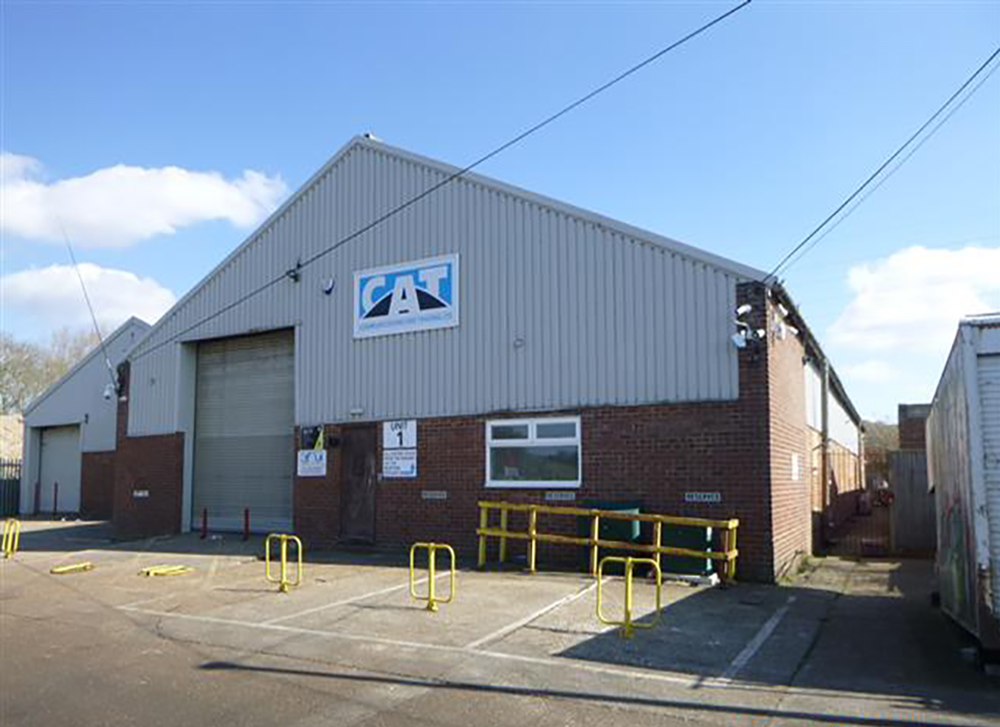Firstly, there are three types of Commercial (Non-Domestic) EPCs for three different building levels.
EPC for level 3 building
A level 3 EPC is a simple property with basic heating or air conditioning. This would typically be your High Street shop with domestic use above or Office or Warehouse.
EPC for level 4 building
A level 4 EPC would be required for a premise with a more complicated air-conditioning system, such as heat recovery and air handling units. This would include newer large office buildings with climate control and any other building with air-conditioning.
EPC for level 5 building
A level 5 EPC assessment is for a more complex building that would require special modelling software to determine the energy rating. This building might include a modern shopping centre or football stadium or a large City Hall or airport terminal.
Commercial EPCs produce a building emissions rate (BER), based on the property’s fabric and installed business services. The BER could be compared to the target emission rate (TER), which would be the rate if the property was constructed to current buildings regulations.
An EPC does not take into account how energy is used. For example, if the owners don’t heat and light the property to a great extent, the energy bills may be very low. This is not reflected in the rating.
In fact, the higher the BER relative to the TER, the higher the CO2 emissions and the lower the overall EPC rating. A is the best and G is the worst rating.
How is an EPC carried out?
As qualified assessors, we would visit the property and undertake a physical inspection of all the critical components including, building fabric, business services, lighting, heating and air-conditioning.
We would review any changes that might have happened to, or in, the building since the last EPC was conducted.
We look at activities for each part of the property, and these might be sub-divided, grouped and measured in zones. All of this information and measurements are recorded and assessed in accordance with the overall size of the building.
Occasionally, the information is not entirely accurate, and we do seek out documentation from building inspectors and the person commissioning the EPC. Scale Floor Plans are always useful.
We might ask for planning reports to show extensions and alterations; serial numbers for heating, ventilation and cooling systems and any additional information on renewables.
As assessors, if the information is not provided and cannot be evidenced, we have to revert to a ‘default’ set of values, which suppresses the rating.
If we are given with the information, we can override those values and produce a better-rated EPC.
Qualified Commercial EPC Assessors
Most Commercial EPCs are for Level 3 and Level 4 buildings recognised as the Simplified Building Energy Model (SBEM). The Dynamic Simulation Model (DSM) is applied for Level 5 buildings.
Assessors need to have the correct level of qualification to produce reports, ie a Level 4 Assessor can produce reports for Level 3 and 4 but not for Level 5.
All of the collected data is entered into the software to produce the EPC certificate and a separate Recommendations Report. These documents are recorded on the EPC Register.
Recommendation Reports
As Assessors, we produce reports to the best of our judgement, taking into account all activities, the building, the services and long-term plans. The recommendation report shows ways in which a building’s energy efficiency can be improved; the building’s fabric and construction have the most significant bearing on the rating, followed by building services and renewables.
When an EPC is produced, you will receive short-term, medium-term and long-term recommendations and improvement measures. These give additional value for intended users and highlight a considerable number of energy efficiency improvements.
How do I know if my EPC is valid?
When a Commercial EPC is recorded with the registry, it produces an RRN number at the top right-hand corner of the certificate. This number can be searched for by a prospective buyer or occupier on the non-domestic registry website.
If an assessor sends an EPC certificate without an RRN number, then the certificate has not been recorded, and it may be a matter for building control.
Could an agent or vendor get away with not having a Commercial EPC?
Local building control officers and new build inspectors, as well as local authority planners, perform checks for EPCs when premises change hands or when they are first sold.
Inspection certificates have to be in place for air-conditioning units above 12kWs and reviewed every five years.
Copies of Commercial EPCs and air-conditioning reports can be requested, and the responsible person has seven days to produce the document once the enforcement agencies have started an investigation. The penalty for failing to provide a valid commercial EPC is fixed in most cases at 12.5% of the rateable value of the building.
Fines between £500 and £5000 are issued.
If you are interested in booking an EPC for your business or commercial premises, please get in touch on 01273 458484 or use our contact form

